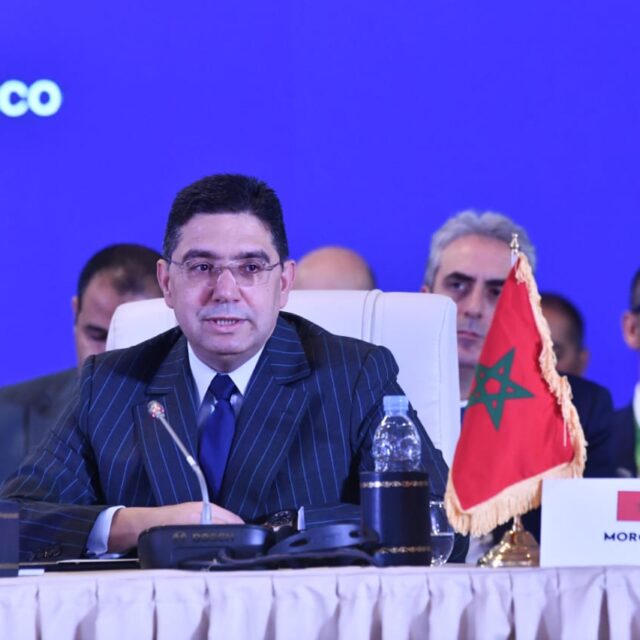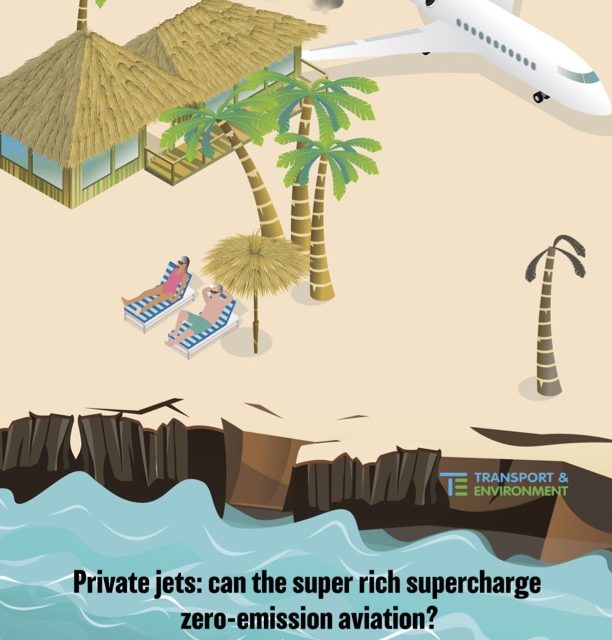The world is facing climate crisis and needs all the help it can get. But amazingly some countries are still playing political football with the environment – not because they are climate change deniers, but because they want to exclude willing volunteers for their own selfish political reasons and prevent certain countries from joining the partnership of nations around the world who are joining forces to fight global warming. This strange behaviour is against both the spirit of the climate change convention, with its emphasis on cooperation, and the UN Charter.
Taiwan has been barred from participating in the Conference of the Parties held under the United Nations Framework Convention on Climate Change (UNFCCC). This is quite extraordinary given the fact that Taiwan is the 22nd largest economy in the world and a regional leader in South East Asia for the development of renewable energy. The country is actively pursuing policies designed to reduce coal-fired power generation, and promote green development. Solar power in Taiwan is projected to produce 20GW of electricity per year, and wind power 6.9GW by 2025. The world can only benefit by allowing a regional champion like Taiwan to participate in the UNFCCC, in order to share its expertise in combating climate disaster.
Appealing to his fellow Ministers world-wide, Taiwan’s Minister for the Environmental Protection Administration Chang Tzi-chin has said: “As the world continues to face climate change crisis, this global issue requires a global solution. That means that every person, as a member of our global community, must join in and search for a solution.”

“As a member of the global village, Taiwan is striving to combat climate change and protect the Earth. We are playing our part in the vital task of bequeathing a sustainable environment to future generations.”
Taiwan has passed a series of acts aimed at protecting the environment, setting serious long-term goals for the reduction of greenhouse gases. It has also created the National Climate Change Adaptation Action Plan, which brings central government agencies together across different aspects of climate change: disasters, basic infrastructure, water resources, homeland security, coastlines, energy and industry, agriculture and health.
The country clearly has significant climate expertise to offer the world. Thanks to FormoSat-3, Taiwan has also amassed over 10 million items of meteorological data which it provides free of charge to scientists and academics around the world. This year’s launch of the FormoSat-7 satellite will further improve accuracy in predicting severe weather events.
The counter-productive exclusion of Taiwan from the UNFCCC is politically motivated and contradicts the spirit of climate conventions, which emphasise the need for all nations to work together.
It is simply pragmatic good sense to encourage Taiwan to participate in the UNFCC so that the world can benefit from the country’s expertise and experience and so that humanity can unite its efforts to prevent climate disaster. Volunteers are welcome. Political prejudices and petty jealousies must be put aside, and Taiwan should be admitted to the UNFCC without further delay.




